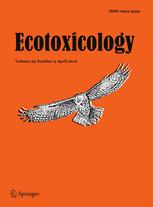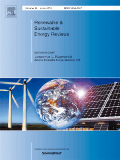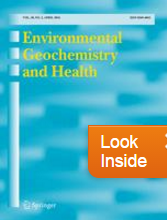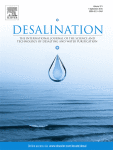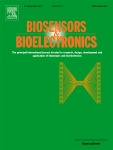 Misconduct by a chemist at a Colorado lab run by the U.S. Geological Survey (USGS) has potentially affected 24 research and assessment projects, supported by $108 million in federal funding, government officials have disclosed.
Misconduct by a chemist at a Colorado lab run by the U.S. Geological Survey (USGS) has potentially affected 24 research and assessment projects, supported by $108 million in federal funding, government officials have disclosed.
According to a June 15 statement from the Office of the Inspector General of the U.S. Department of the Interior, which oversees the USGS, the operator of a mass spectrometer in the Inorganic Section of the Energy Resources Program’s (ERP) Energy Geochemistry Laboratory in Lakewood has been accused of scientific misconduct and manipulating data. The unit is responsible for conducting coal and water quality assessments in projects both in the United States and abroad.
The inorganic section closed following the discovery of the misconduct, and we have yet to learn the fate of the employee involved. As the statement notes, problems with the lab’s data were common knowledge among workers at the facility: Continue reading More than $100M worth of research may be tainted by govt lab misconduct
 Note: We are reprinting below an article
Note: We are reprinting below an article 
